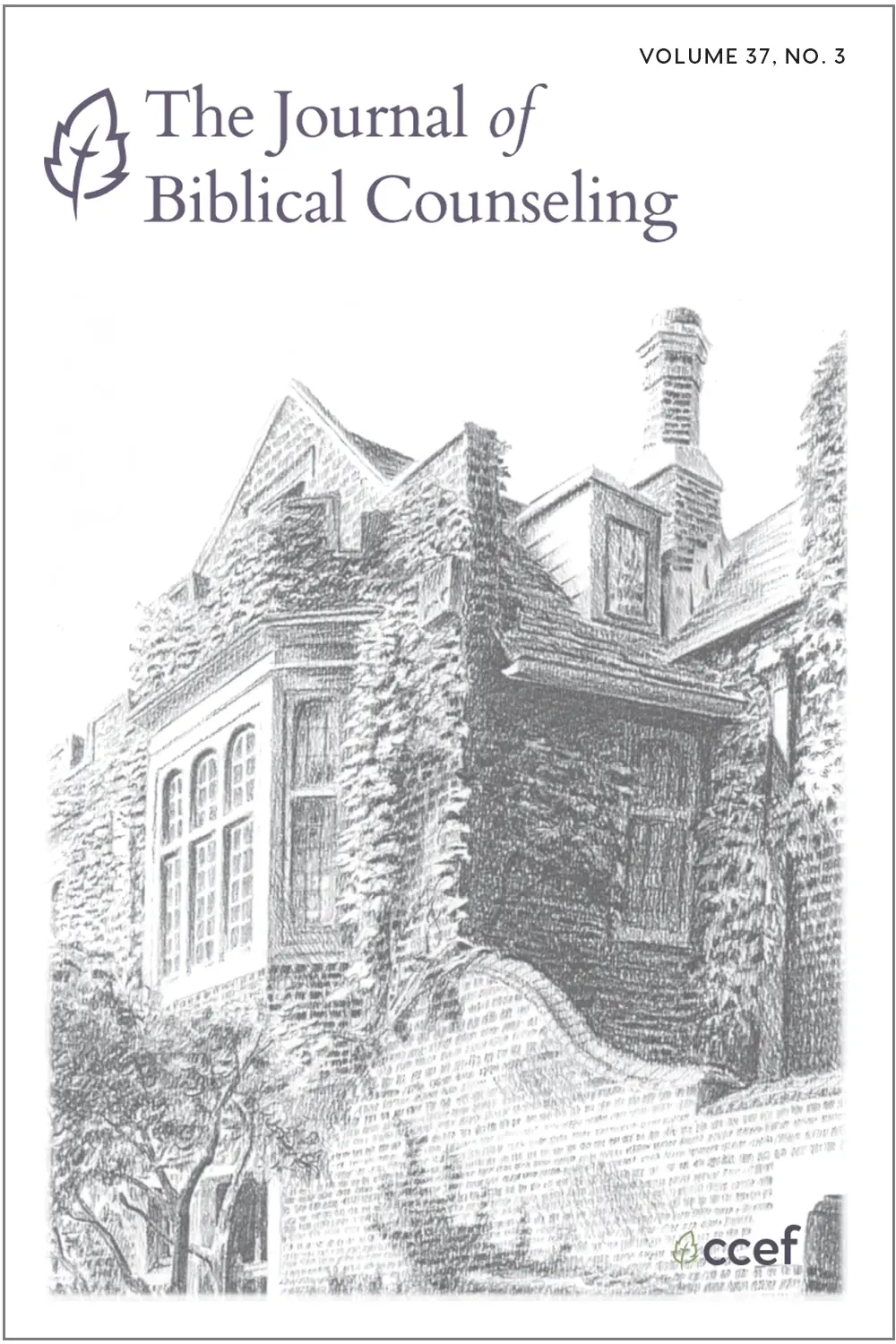When someone is traumatized in a relationship (e.g., betrayed, rejected, abused), they may become relationally hypervigilant. To protect themselves from further pain, they develop a heightened and pervasive watchfulness that can damage relationships even with people who have not hurt them. Developing trust and moving forward is difficult, even with a caring helper, so Strickland provides guidance to help you get started.




